T4K3.news
Early screenings rise among 45 to 49
New ACS findings link increased screenings to earlier detection of colorectal cancer, with policy debates in view.
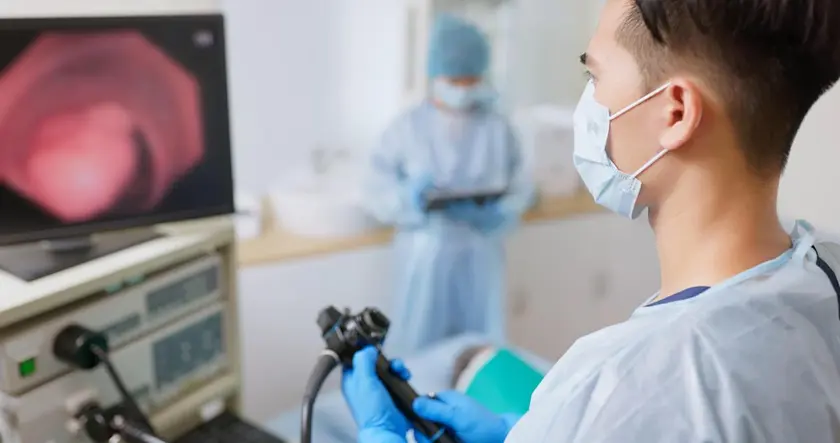
New findings link more screenings among adults 45 to 49 with higher rates of early stage colorectal cancer detection.
More early stage colon cancers found as screenings rise
New research from the American Cancer Society shows more people aged 45 to 49 are being screened for colorectal cancer, and early stage diagnoses are rising. In two JAMA studies, higher screening rates among this group are linked to more cancers found at an earlier stage. One study shows incidence among 45 to 49 increasing 12% from 2019 to 2022, while another notes a 62% jump in screenings from 2019 to 2023. The ACS had lowered the starting age for screening from 50 to 45 in 2018, and the USPSTF followed in 2021.
Lead author Elizabeth Schafer calls the findings promising, noting the uptick likely reflects first-time screening under new guidelines. CBS News medical correspondent Dr. Jon LaPook says early detection means higher cure rates. Star cautions that screening in 45 to 49 remains suboptimal and inequitable by education and insurance status. The piece also notes concerns about policy moves affecting the USPSTF and preventive care budgets, highlighting how politics can shape medical advances.
Key Takeaways
"If they're in the very earliest stage, they're more than 90% curable."
LaPook on cure rates with early detection
"The uptick of cases is likely due to first-time screening in the wake of new recommendations."
Schafer on causes of rising detections
"This would greatly damage all the work we've done in preventative care."
Lew on potential policy changes
"Screening for colorectal cancer in ages 45-49 remains suboptimal and inequitable."
Star on current gaps
The data show how policy changes can move health outcomes. Lowering the screening age appears to have opened a window for early detection, but success depends on access and affordability. There is a tension between public health goals and political risk, and gains in early detection may not stick if preventive care becomes a political football. The findings also reveal persistent inequities that must be addressed through targeted outreach and better insurance coverage. Looking ahead, steady investment in prevention could lower long term costs, but only with stable policy support.
Highlights
- First-time screening in younger adults is changing the game
- Early detection is the difference between treatable and not
- Screening in 45 to 49 remains suboptimal and inequitable
- Policy shifts threaten steady gains in preventive care
Policy shifts threaten preventive care gains
The potential removal or reshaping of independent guideline panels and related budget decisions could weaken preventive care gains and widen gaps in access to screening.
Progress in prevention is possible but fragile without steady policy backing.
Enjoyed this? Let your friends know!
Related News
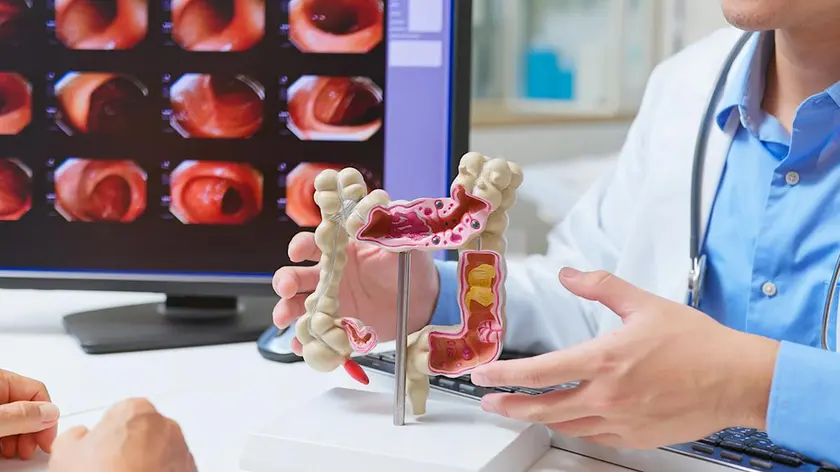
Colorectal cancer rises in younger adults as screening guidelines expand
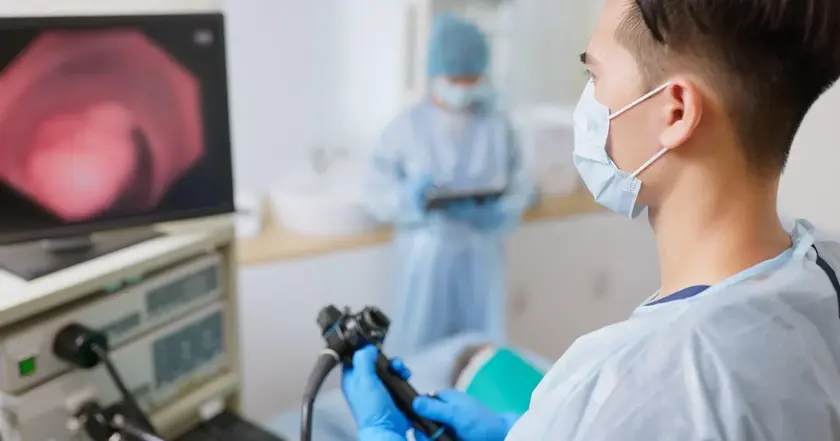
Increased early stage colon cancers reported in younger adults
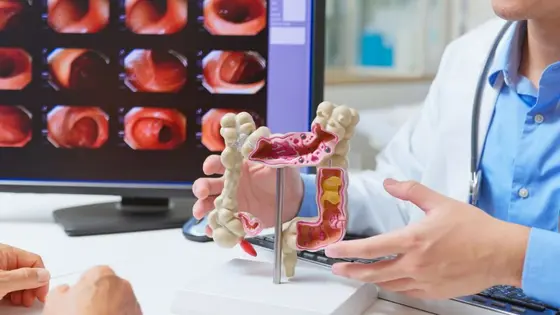
Colorectal cancer screenings expand as cases rise

Surge of GI Cancers in Young Americans Confirmed
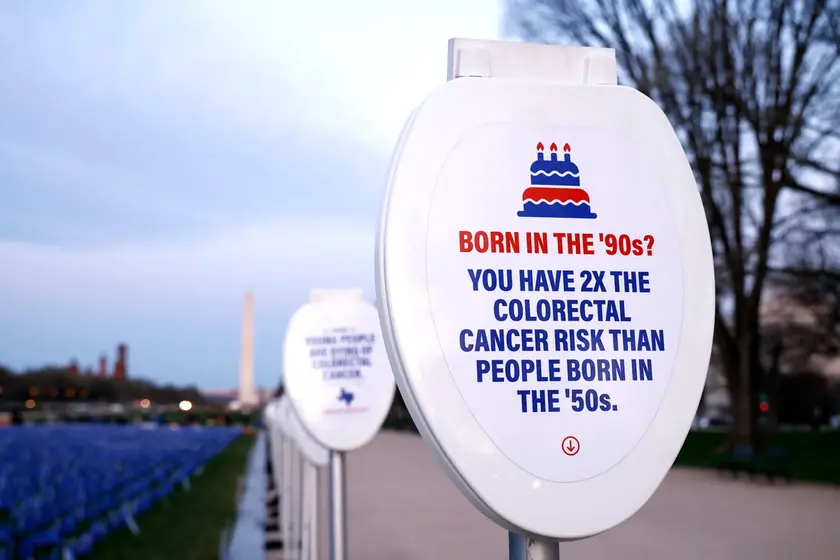
Colorectal cancer rates soar among young adults

James Van Der Beek reveals his colon cancer diagnosis
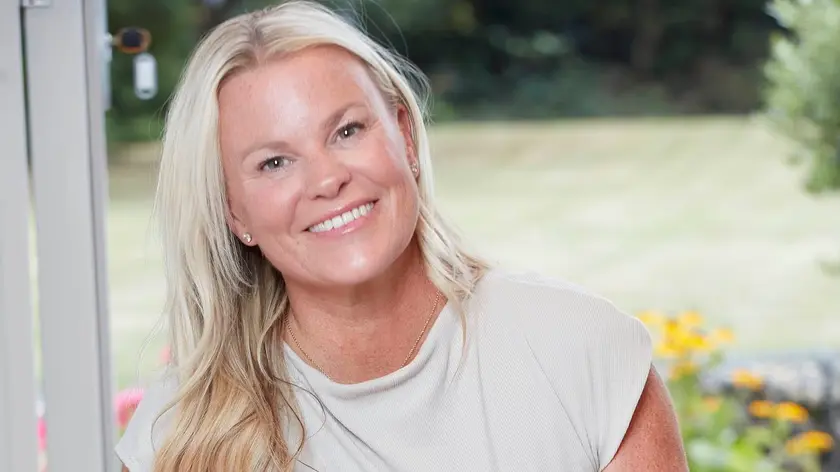
Rising MASLD affects millions in the UK

Rising cancer rates in young women
